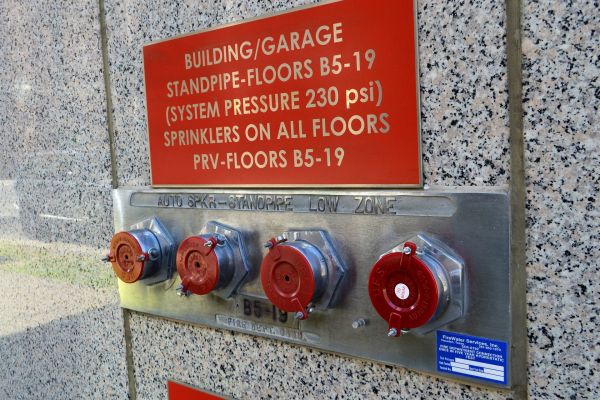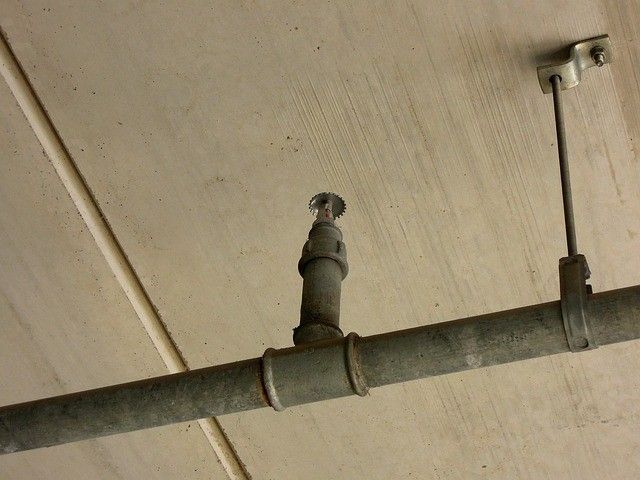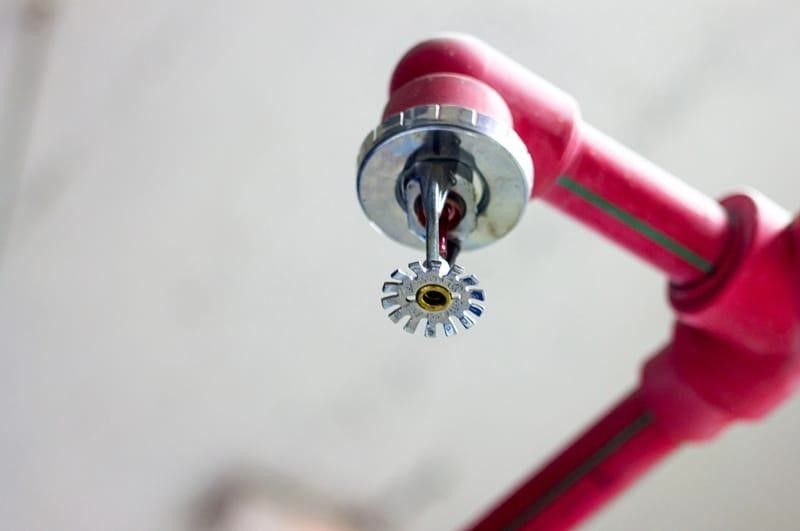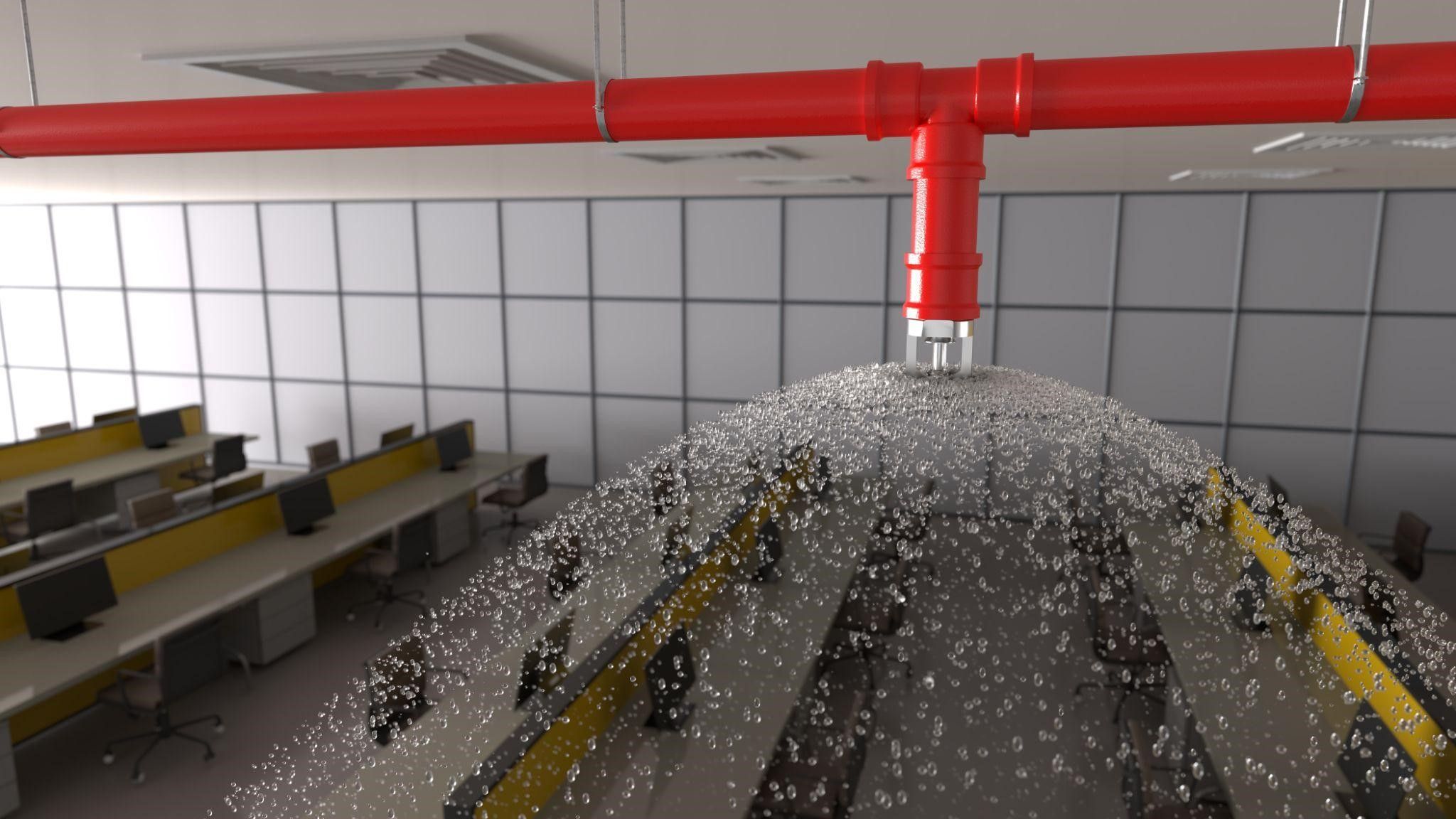Blog
How to Prevent Corrosion in Fire Sprinkler Systems?

Corrosion is a severe problem. It's responsible for many of the problems in the sprinkler system industry today. Fire sprinkler systems are controlled by a variety of metal parts and pipes that need to stay free of corrosion and other elements that can cause them to fail prematurely. Using fire sprinkler systems can often save a property owner or owner-operator money, but when they fail due to corrosion, it costs money and creates safety concerns. The following article will discuss how fire sprinkler systems can be prone to corrosion and how you can avoid them altogether by properly maintaining your system.
What Makes Fire Sprinkler Systems Prone to Corrosion?

Fire sprinkler systems are prone to corrosion because the water used in them is corrosive.
There are several reasons why fire sprinkler systems are prone to corrosion:
- The water used in fire sprinklers is corrosive, which can attack metal and cause it to corrode.
- The water contains calcium chloride, which is corrosive and aggressive, meaning that it will attack more than just metals.
- Fire sprinklers use chlorinated polyvinyl chloride (CPVC) tubing to carry the water from the source to its destination. CPVC has been reported to tend to develop cracks when exposed to high temperatures or humidity levels over time.

4 Ways to Prevent Corrosion in Fire Sprinkler Systems
Corrosion is a natural part of the system. The sprinkler system will develop a film of water on its parts, which can cause corrosion. This film is called a corrosion scale and should be removed from the sprinkler heads, valves, and fittings.
The first step in preventing corrosion is to clean your sprinkler system periodically. A good cleaning involves removing the spray head from the valve box and rinsing each part with water and soap. It would be best to allow each part to dry thoroughly before reassembling your sprinkler head.
If you do not have a regular maintenance program in place, there are other steps that you can take to prevent corrosion in your fire sprinkler system.
1. Use an Anti-Corrosion Spray: Many products contain anti-corrosion agents, such as phosphates and silicates. These products form a thin protective layer over all metal surfaces in the sprinkler system, including fittings, valves, and even pipes.
2. Remove Water Buildup: Water buildup may cause damage to valves or pipes that are exposed to direct sunlight or heat sources such as fireplaces or space heaters. If this happens, remove any excess water using a bucket or other container to scoop up the water and let it drain out of the system.
3. Check for Leaks: Any time you have a plumbing system in your home, a small leak could turn into an even bigger problem if left unchecked. The best way to find these leaks is by checking the pressure of your water supply at different points throughout your home. If one area seems higher than others, you likely have some leak somewhere in your system.
The Bottom Line

Various methods have been proven to work to prevent corrosion in fire sprinkler systems, such as using the correct chemical to treat your water source, a chemical inhibitor for copper piping, and so on. But the vital thing to consider here is that corrosion is not an uncontrollable evil—it can be fought with proper preparation and a sound strategy for prevention. To get the best guidance on fire sprinkler systems, check out the General International Group, we have years of experience and know how to steer you in the right way regarding fire solutions.